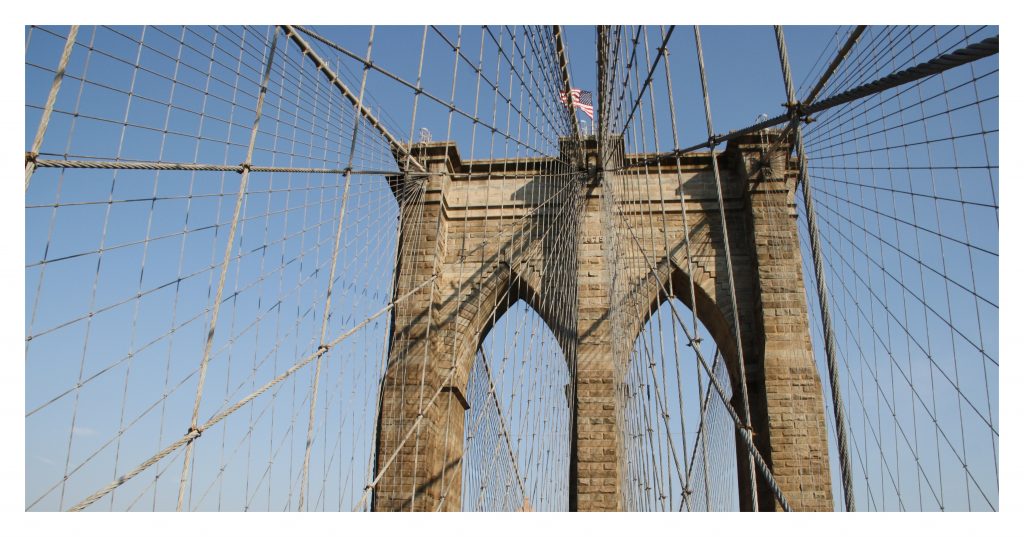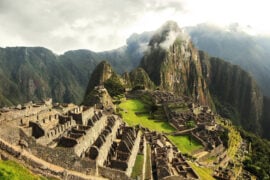On July 12, 2021, the US Treasury Department’s Office of Foreign Assets Control (“OFAC”) issued Venezuela General License 40 (“GL 40”), “Authorizing Certain Transactions Involving the Exportation or Reexportation of Liquefied Petroleum Gas to Venezuela.” OFAC concurrently issued related FAQs (FAQ 914 and FAQ 915). Our previous blog posts about US sanctions targeting Venezuela are available here.
GL 40 authorizes US persons to engage in transactions and activities through July 7, 2022 related to the exportation or reexportation, directly or indirectly, of liquefied petroleum gas (“LPG”) to Venezuela involving the Government of Venezuela, Petróleos de Venezuela, S.A. (“PdVSA”), or any entity 50 percent or more owned by PdVSA. GL 40 does not authorize payment-in-kind of petroleum or petroleum products.
FAQ 915 notes that LPG is defined with reference to the definition provided the US Energy Information Administration as a group of hydrocarbon gases, primarily propane, normal butane, and isobutane, derived from crude oil refining or natural gas processing. These gasses can be marketed individually or mixed and can be liquefied through pressurization (without requiring cryogenic refrigeration) for convenience of transportation or storage. Ethane and olefins are not within the definition of LPG. FAQ 914 clarifies that non-US persons do not risk exposure under US sanctions for engaging in transactions or activities that would be authorized for US persons under GL 40. In other words, engaging in activities within the scope of GL 40 would not, without more, put a non-US person at risk of being designated as a Specially Designated National for providing “support” to a blocked person.



